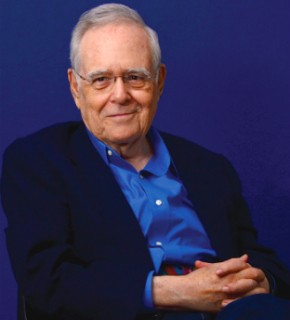When leaders are narcissists: Psychoanalyst Michael Maccoby

Michael Maccoby, a psychoanalyst and president of the Maccoby Group in Washington, D.C., has advised leaders in businesses, governments, unions, and nonprofit organizations. He directed Harvard University’s Program on Technology, Public Policy, and Human Development and taught leadership at Oxford University’s Saïd Business School. His books include Narcissistic Leaders, The Leaders We Need, and Strategic Intelligence: Conceptual Tools for Leading Change.
Is it reasonable to judge Donald Trump to be a narcissistic personality? If so, what are the signals?
Yes, and in the introduction to his book Think Like a Billionaire, he cites my description of a “productive narcissist” and says it describes him. He likes the part of the description that calls narcissists visionary. But he shows the negative side of grandiosity in putting down others while being himself thin skinned, seeing enemies everywhere, and seeing himself as changing the world.




